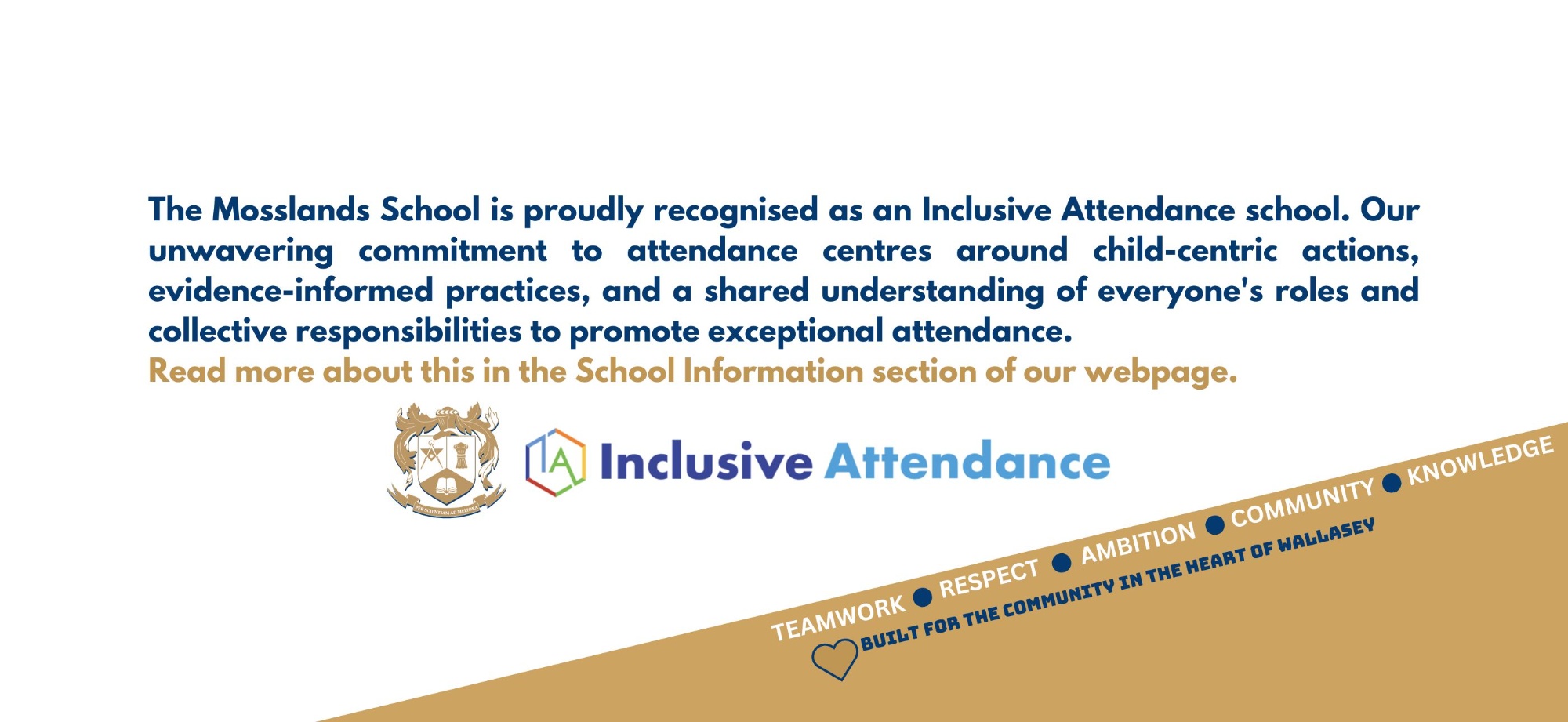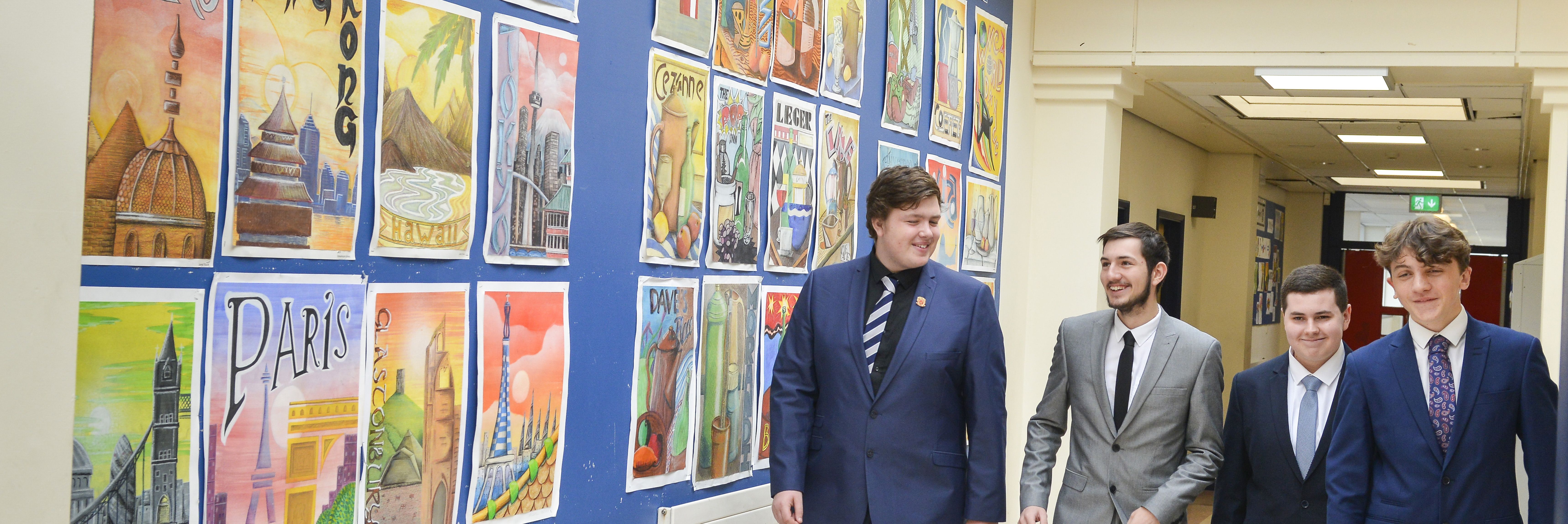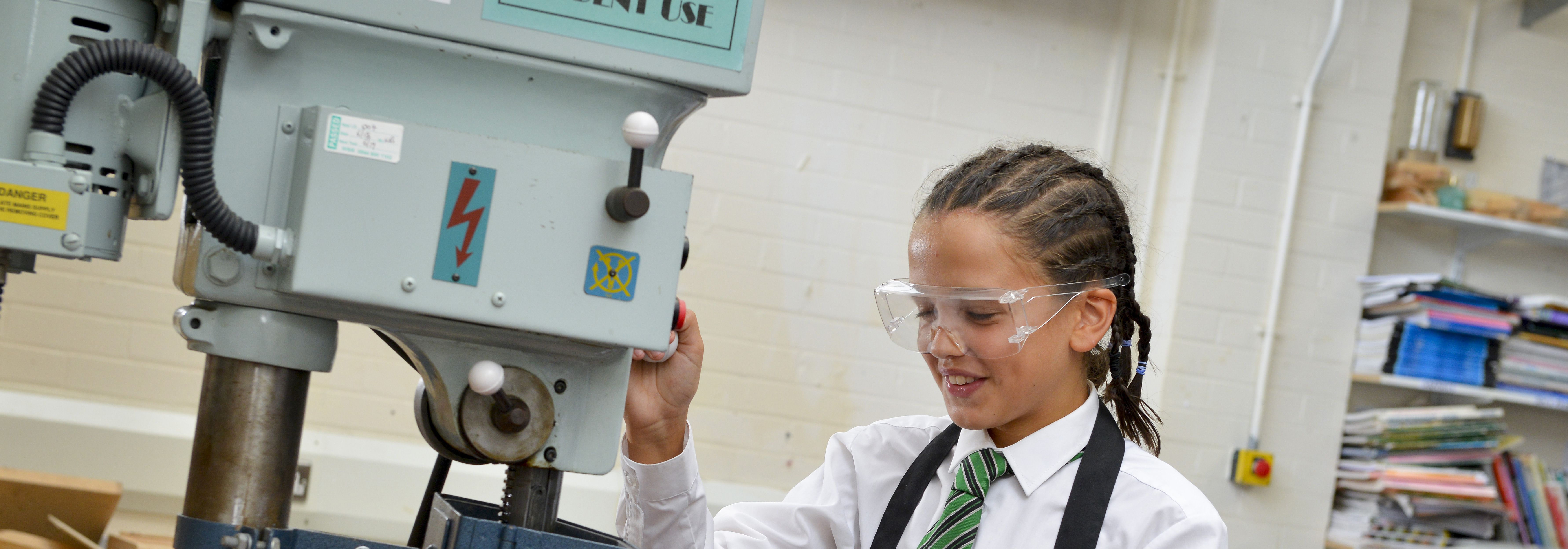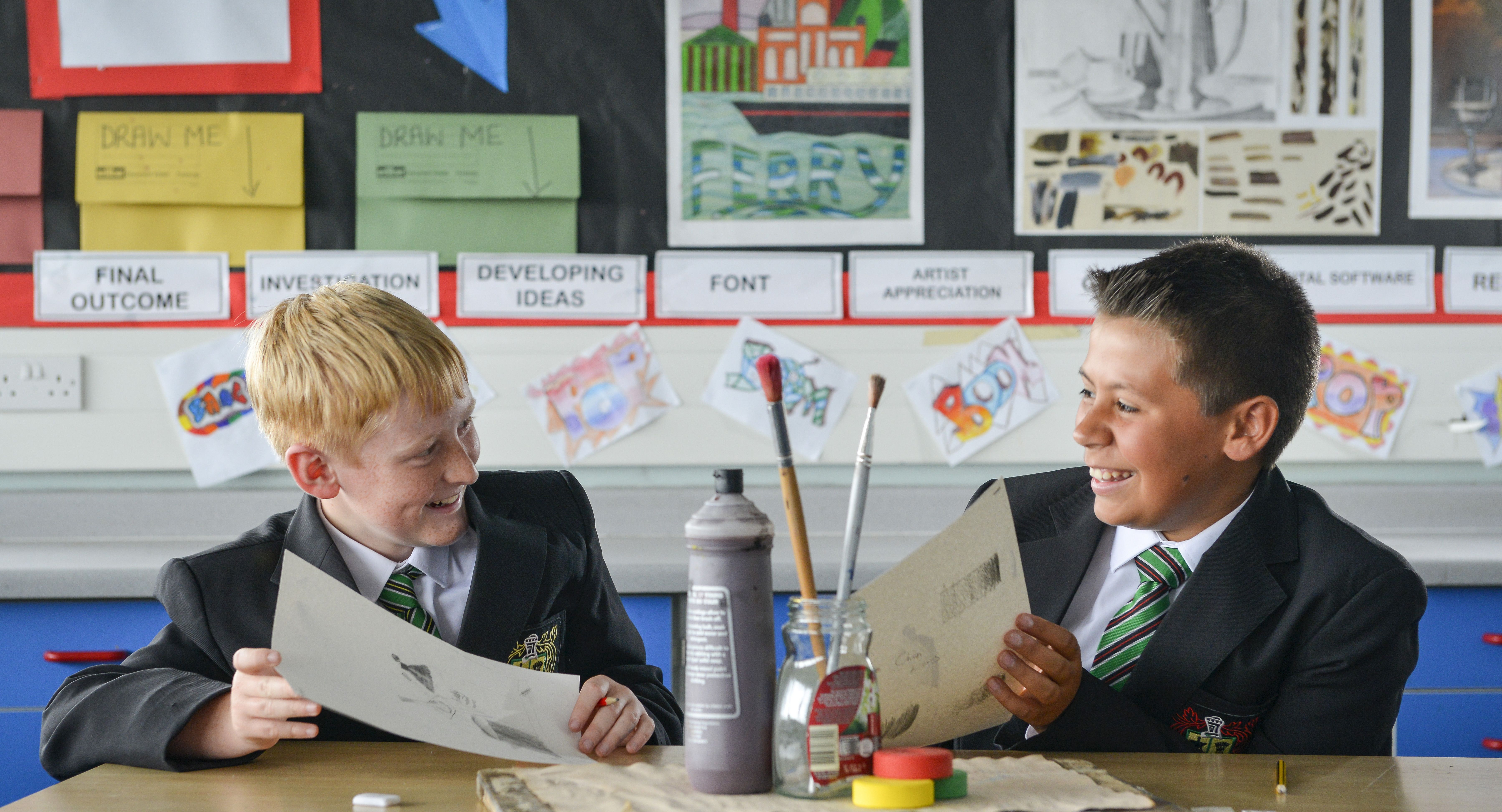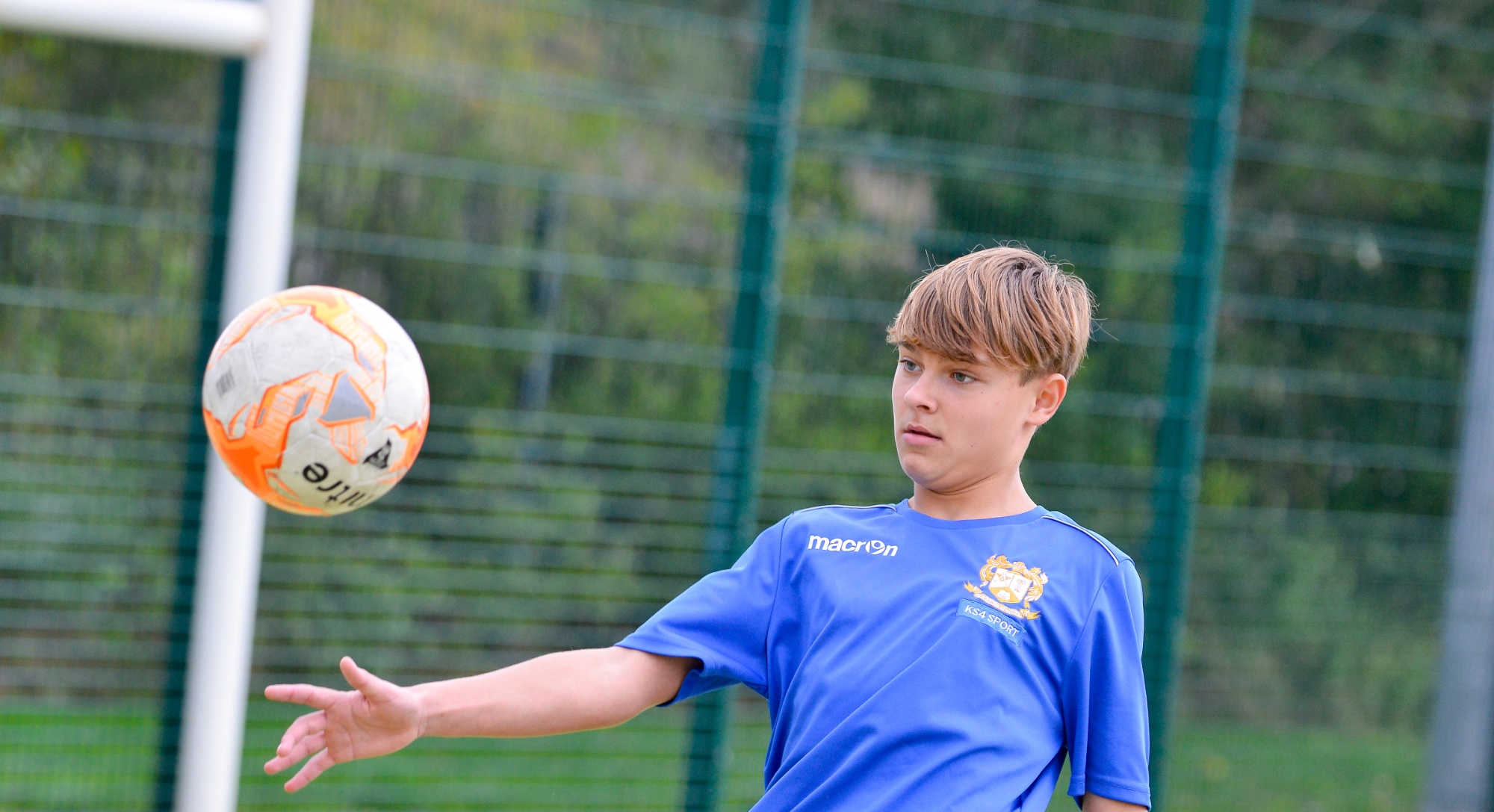The Knowledge and Skills overviews show the specific drama content students will learn in each unit of study throughout the year. These documents outline both the substantive knowledge (theatrical conventions, performance styles, and dramatic theory) and the disciplinary skills (character development, stagecraft, and ensemble work) that students will develop. Each unit is broken down to clearly identify what students need to know and what they should be able to do upon completion. Through the systematic development of both knowledge and skills, students build performance abilities, collaborative techniques, and creative confidence appropriate to their stage of learning.
Year 8 Rotation Scheme - 12 Weeks
| Unit Progress Criteria |
| Knowledge |
Skills |
- To understand the different roles and responsibilities within a performing group and to recognize the importance of equal contribution in group work
- To understand the importance of respect and support within creative collaboration
- To understand the concept of non-linear narrative structure through flashbacks and flashforwards
- To comprehend how character backstory (for both Ricky Brown and Humpty Dumpty lessons) influence present-day decisions and actions
- To understand the role and format of police interviews and court cases in dramatic contexts. To understand the use of formal language and how this is implemented in performance.
- To understand how to develop relevant questioning within performance piece to support pace and content progression.
- To develop knowledge of how internal thoughts and conscience can be externalised in performance, building upon the ‘devil and angel’ concept of conscience alley.
- To understand how status relationships between characters can be portrayed dramatically
- To understand how script-based and devised work can be combined effectively
- To comprehend how character motivation drives dramatic action
- To understand how performance space can be used effectively to convey meaning. In addition to consider symbolic performance space and how this supports storytelling.
- Understanding a range of ways to make transitions between past and present scenes.
|
Pupils develop their group work skills across the delivered scheme:
- To develop their ability to actively listen to others' creative ideas
- To encourage and enhance their leadership and skills
- To develop their time management skills when working collaboratively
- To enhance negotiation skills when resolving creative differences
- To develop the ability to adapt individual ideas to suit group needs
- To refine skills in supporting others during rehearsal and performance
Performance skill focus and development:
- To develop the ability to create and sustain believable characters through role play
- To master the use of freeze frames to capture key dramatic moments
- To enhance the technique of thoughts aloud to reveal character psychology
- To develop competence in transitioning between scenes smoothly and effectively
- To refine the ability to use flashbacks and flashforwards as narrative devices
- To develop skills in using conscience alley as a tool for exploring decision-making
- To enhance ability to structure dramatic work using performance maps
- To develop skills in interpreting and performing from script
- To master the ability to combine multiple dramatic techniques within a single performance
- To develop collaborative skills in creating and refining dramatic work
- To enhance performance skills through spotlight showcases
- To develop the ability to select and apply appropriate dramatic techniques for specific dramatic intentions
|




